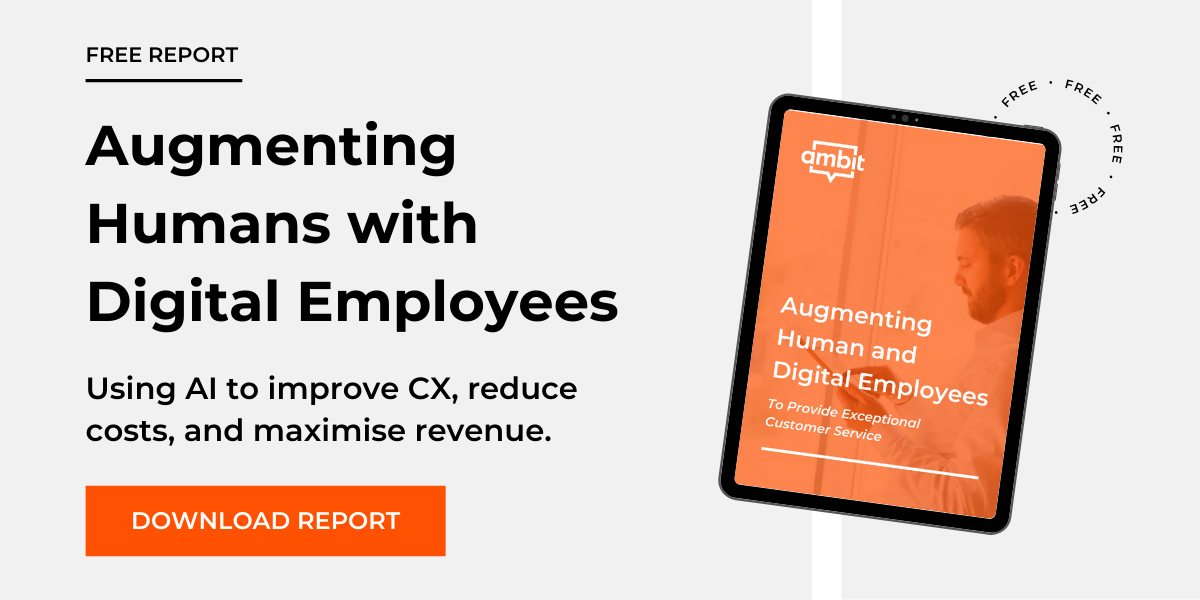Incorporating AI-powered chatbots into online experiences gives marketers a greater range of options for serving customers – from fast, accurate, and consistent, to more nuanced and empathetic, depending on their need.
AI’s value lies in addition and augmentation, rather than attempting to replace human emotions. To make this point we set up a debate during Techweek 2021, co-hosted with NZME, to test the proposition that AI provides better customer experience than humans.
There were several recurring themes from the panelists, who were drawn from financial services, academia, media, and politics. Considering the best AI goes unnoticed, willingness to debate the topic shows the level of interest in our interaction with bots.
Those arguing ‘for’, cited AI’s growing ability to accurately reflect the voice of brands. One speaker revealed her remarks were partially prepared by AI, a process so seamless she challenged anyone to distinguish where the language between person and AI began and ended. This ability to learn enhances AI’s key advantage, its ubiquitous ‘always on’ nature which can be scaled up to meet demand far quicker than a human workforce.
The opposing side said AI’s inherently impersonal nature meant it could not surpass human customer service.
Yet, given the transactional nature of customer support, there’s no particular reason why such interactions should necessitate high levels of relatability or emotional authenticity. Empathy is great, and its conveyance through AI is an ongoing goal, but most people, on balance, given the choice, would opt for efficient resolution of their issues.
Once again, the answer is not a simple matter of ‘either or’. For the duration of a customer’s interaction with a business, AI is not only reliable and effective, but intuitive. It is constantly evolving, becoming predictive, extrapolating, and learning how to interpret even-subtle customer moods and states. They can be trained over time, and just like a human, benefit from onboarding and regular updates.
It’s a fortunate person who hasn’t wasted their time in a phone queue, pushing buttons and waiting for a human to respond. Introducing AI to improve the speed, accuracy and consistency expresses empathy in a wider sense when a brand shows it understands that customers want their time to be respected and to receive a swift answer. The relief and satisfaction of that resolution is ultimately more important than the means by which it is attained.
The judges’ decision on the night awarded the contest to the affirmative team. While entertaining in itself, the evening also spoke to a wider narrative: that AI is a topic most people now have a frame of reference for and can see the benefits of when applied in an ethical way.
The takeaway from the debate for marketing and CX leaders is that successful AI implementations offer customers the option of interacting with a person if they choose. The best AI-driven customer service is not about replacement or substitution, but about augmentation to enable the swift, satisfying resolution of issues while making it human when it counts.
* This article originally appeared in NZ Marketing Magazine on June 3, 2021.




